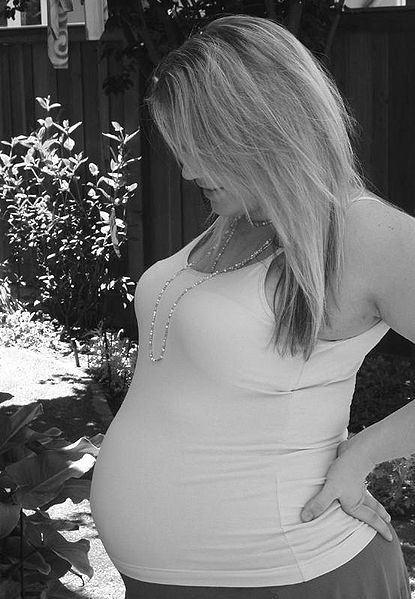More than 10 per cent of couples worldwide are infertile, and some of them turn to in vitro fertilisation or IVF, in the hope of having a baby. But it can be a difficult and heartbreaking process for many couples and there's no guarantee of success, although thousands of IVF babies are born healthy and happy every year.
But now a new study from researchers based in Glasgow and Bristol, published in the journal PloS Medicine, could lead to a more accurate test to predict how likely a couple are to succeed with the procedure.
 The researchers, Scott Nelson and Debbie Lawlor, looked at the outcomes of every single IVF cycle in the UK between 2003 and 2007 - a staggering total of more than 144,000 cycles. Then they looked at a range of factors, including the age of the mother, how long the couple had been infertile for, previous IVF attempts, whether the mother's own eggs or donor eggs were used, and the particular techniques used, then correlated that with whether the IVF was successful, and whether there were any problems with the babies, such as being born prematurely or particularly small.
The researchers, Scott Nelson and Debbie Lawlor, looked at the outcomes of every single IVF cycle in the UK between 2003 and 2007 - a staggering total of more than 144,000 cycles. Then they looked at a range of factors, including the age of the mother, how long the couple had been infertile for, previous IVF attempts, whether the mother's own eggs or donor eggs were used, and the particular techniques used, then correlated that with whether the IVF was successful, and whether there were any problems with the babies, such as being born prematurely or particularly small.
They put all the data into a computer and used it to build a prediction programme that could estimate the chances of a couple successfully making an IVF baby. The new model seems to be more accurate than previous IVF prediction models, as it's newer and takes more factors into account. But the model is only based on looking at IVF cycles that have already happened, so the programme needs to be tested in a forward-looking study.
The scientists hope to gather more data over the coming years from couples going through the IVF procedure, and the researchers are now working on making the programme available online and even as a smartphone app to help them test it. At the moment it will only be suitable for couples who have had their infertility investigated, but if it holds up, it could be a useful predictor to help couples decide whether they want to go with through IVF, and some of the possible risks they may face.










Comments
Add a comment